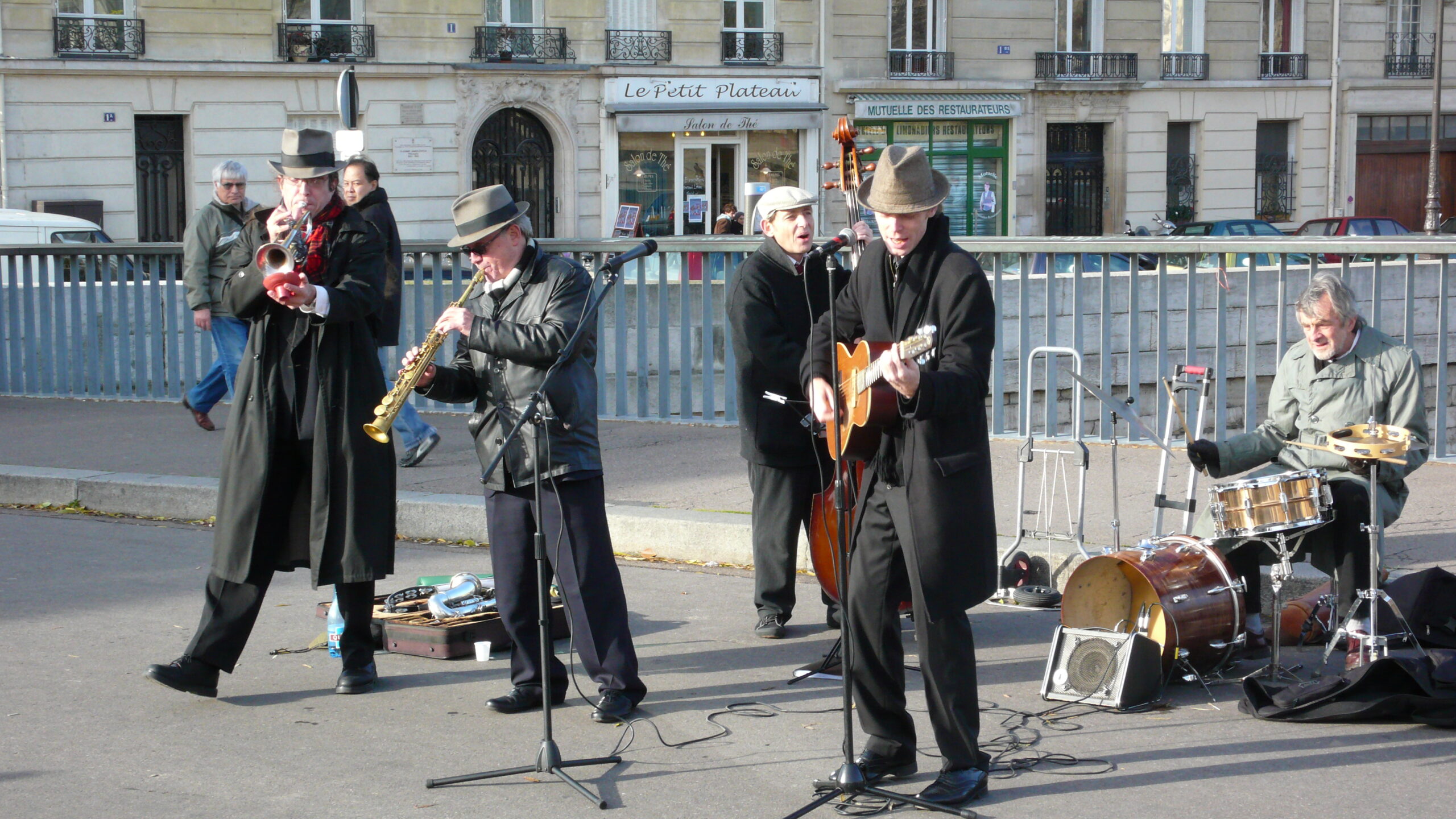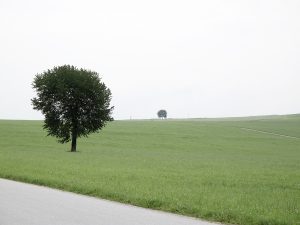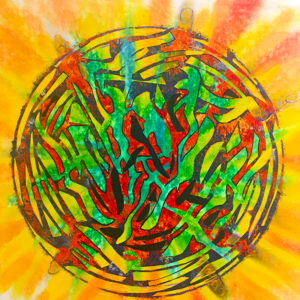 It’s 1967. I’m in first year university and have attended my first live concert at Alumni Hall at the University of Western Ontario, to hear a solo musician, Gordon Lightfoot,just Gord and his guitar. In the months that follow, every evening after dinner, with my now life-long friends Johanne and Carol, I sit on my bed and listen to Lightfoot. These words penned by Ewan McCall and made famous by Gordie are still in me:
It’s 1967. I’m in first year university and have attended my first live concert at Alumni Hall at the University of Western Ontario, to hear a solo musician, Gordon Lightfoot,just Gord and his guitar. In the months that follow, every evening after dinner, with my now life-long friends Johanne and Carol, I sit on my bed and listen to Lightfoot. These words penned by Ewan McCall and made famous by Gordie are still in me:
The first time ever I saw your face
I thought the sun rose in your eyes
And the moon and the stars were the gifts you gave
To the dark and the empty skies my love
To the dark and the empty skies
My friends and I felt the longing. It reinforced the notion that to feel complete, we just needed to find “Mr. Right.” At age 19, this was absolute truth.
My understanding — and I hope this is true for you — of a primary love relationship, has changed through experience over the years. I now understand that feeling of ‘longing-to-be-completed-by-another’ in a very different way. Victor Hugo wrote, “what love begins can only be finished by God.” At its best a loving relationship teaches us that there is a part of us that no other person can satisfy – a part that can only be satisfied by what we contemplate as the Divine. Divine love transcends human limitations and ultimately is the only love that satisfies our deepest longing. Music, it seems, is able to get right to the heart of this.
Twenty years ago as my uncle was dying, his family stood around his bed singing hymns. They sang him to what they all believed was his heavenly home. That experience left my cousin realizing that there is a need for music in health-care, to help people through challenging times. It led her to form “Music Care”, an idea that has developed into an education and support programme for caregivers, on how to use music with dying patients, as well as those living with dementia and Alzheimer’s. Music can touch our deepest longing for both human and divine connection.
Is this why some of us sing hymns in church? It is possible the apostle Paul knew this when he wrote to the Church at Ephesus urging one of the earliest communities specifically identified as a ‘church’, to “sing psalms, hymns, and spiritual songs among yourselves, singing and making melody to the Lord in your hearts.” I don’t know about you, but music has a direct link to my heart in both joy and sorrow. In the protestant tradition, hymns articulate theology – what we understand about God (which remains Divine Mystery) and the Christian story. As a spiritual practice hymns encourage an experience of God, the Divine Mystery. Music as prayer, helps us move from our head to our heart, closer to a place of inner stillness.
One of my personal spiritual practices includes, for lack of a better word, a personal prayer playlist. The list includes hymns that soaked into me in my childhood, such as The Day Thou Gavest Lord is Ended, along with several bits from the Fauré requiem. Also on this list is I’ll Be There written by Norman Nurmi:
When you can’t find your circle of light
And there’s nothing but darkness beside you
Turn away from the night
And look to the sunrise
Think of me and I’ll be there.
For me, those words are prayer, and I hear these words as if from the Divine.
I had a retreat director say to me once, “Say the word ‘God and God is here!” Carl Jung, the eminent psychologist took it further when he wrote: “Bidden or not bidden, God is present.”
My father loved to sing hymns. He suffered from vascular dementia for the last eight years of his life. During that time, I discovered that a nursing home not far from his home had a Sunday afternoon worship service for the residents. I took him there often during his last years. Even when he could barely speak, didn’t know where he was, or remember anything, when the hymns were sung, he knew every word and would sing along. As he declined, sometimes he would sit through the entire service with his eyes closed and head back, as if he was asleep. One Sunday the minister referred to Fanny J. Crosby, an American hymn writer, who wrote the hymn All the Way my Saviour Leads Me, and many others. Even though my father showed no outward signs of awareness, I noticed a tear form in the corner of his eye and start to fall gently down his cheek. In his days as a lay-preacher, my father had often told the story of Crosby and her life of blindness. Maybe it was her name or hearing again these words that touched a deep place in my father and brought tears to his eyes – I don’t know. But seeing his tears definitely brought tears to mine.
Music can touch our deepest longing for both human and Divine connection.
According to John’s Gospel, near the end of his life Jesus prays for himself and for those he is leaving behind. Will the prayers of music be on our lips or in our hearts as we each near our end? How do you pray for others? Perhaps in the music that remains with us when the singer is no more.
In Lightfoot’s own words from “Rich Man’s Spiritual”:
I’m gonna get me a smilin’ angel
Yes Lord to lead me home
And when he takes me by the hand
I know the Lord will understand
To paraphrase the famous words of Shakespeare:
“Good night sweet singer, may flights of angels sing thee to thy rest”
My prayer for each of us is that we will know deep in our being that we are loved by this Divine Love that will never let us go – and that individually, as did Gordon Lightfoot, and together, we will flourish offering our unique gifts to the world.


